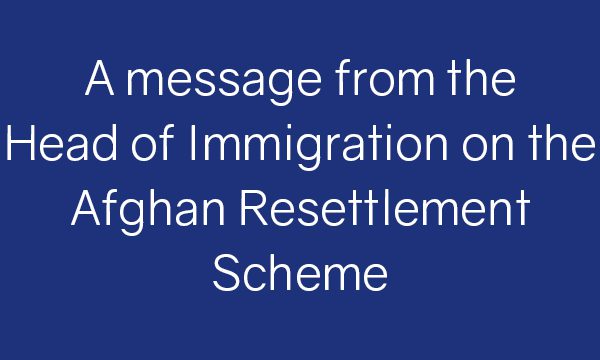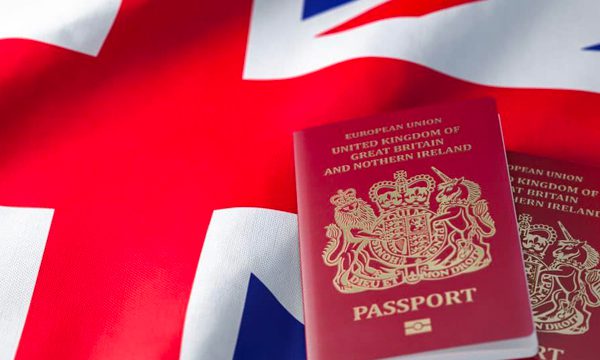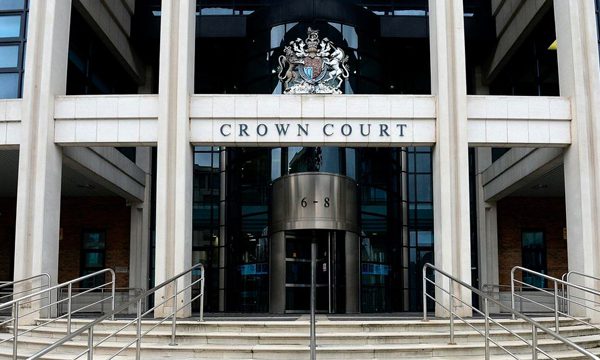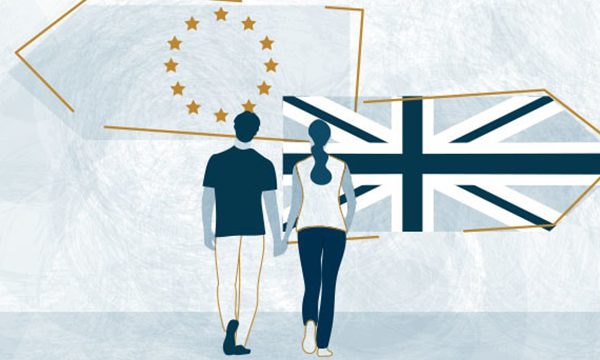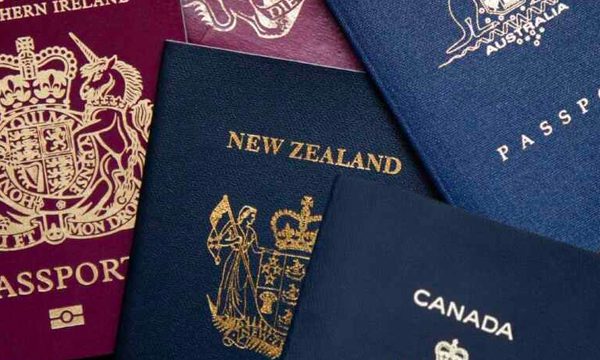AFGHAN RELOCATIONS AND ASSISTANCE POLICY AND EX-GRATIA SCHEME
Staff who have been employed by the UK government in Afghanistan in certain roles can come to the UK under the Afghan Relocations and Assistance Policy (‘ARAP’) scheme or the ex-gratia scheme.
ARAP
Who can apply?
The scheme is open to anyone who has been employed by the UK in Afghanistan who is at serious risk from the Taliban. Both current and former employees can apply. It does not matter how long you were employed by the UK government.
Staff in certain roles are assumed to be at risk. The Government has said that if your role involved interacting with the public, and you made a real difference to the UK mission in Afghanistan, you do not need to show particular evidence of risk.
You cannot apply if you were dismissed from your job because:
- of security concerns, for example links to the Taliban; or
- you committed a crime, for example sexual harassment, violence, or theft; or
- you committed some other serious offence, for example a breach of security or aggression towards British troops.
You can apply if you were dismissed from your job for a minor administrative offence. Until recently, you could not apply if you had been dismissed from your employment by the UK government for any reason. You might have applied and been refused for this reason. If this happened, and you were dismissed
from your job for a minor reason, you can now apply again.
Staff who have been employed by the UK government in Afghanistan in certain roles can come to the UK under the Afghan Relocations and Assistance Policy (‘ARAP’) scheme or the ex-gratia scheme. Generally, you must have been employed directly by the UK government. You cannot apply if you were employed by a private contractor, even if you worked with the UK government. There is an exception (set out here) if you were employed as an interpreter and supported the UK military. Then you can apply even if you were not employed directly by the UK government. The government might expand the scheme to help other people employed by contractors. But at the moment they have not done so.
How do I apply?
Applications are now by way of an online form, available here. For further advice, you can email LocalStaff-Afghanistan@mod.gov.uk. Explain your situation to them and they will tell you what to do next.
You do not need to be in Afghanistan in order to apply.
What happens if my application succeeds?
You will be given a visa to come to the UK. This will be valid for five years. At the end of this time you will be able to apply for long-term permission to stay in the UK.
Given the security situation, it is difficult to say how the British Embassy will deal with your application and arrange your flight if you are successful. The British Embassy will be able to give you more information when you call or email them to apply
What about my family?
You can bring certain family members with you to the UK. These are:
- our partner. This means your spouse, civil partner, or other long-term partner. If you are not married or in a civil relationship with your partner, you need to have lived with them for at least two years.
- Your minor, dependent children. This includes your children and your partner’s children. They must have been younger than 18 on 19 December 2012. This means they will be twenty-five or younger now. If they are married or in a civil partnership, have an independent family of their own, or are otherwise living independently, they cannot join you.
Ex-Gratia Scheme
Can I apply under the Ex-Gratia Scheme?
This is another scheme which is available to locally-employed staff in Afghanistan. You will be eligible under this scheme if you were:
- Employed directly by the UK government in a role which took you regularly onto the frontline in Helmand;
- Before you resigned from this role or were made redundant you were employed for a minimum of 12 months (although there are some exceptions – see below); and
- You left your role on or after 1 May 2006
This scheme will be open until 30 November 2022. You can apply using the same form as above.
This scheme is focused on individuals based in Helmand who were in roles that placed them at risk from threats. It is not necessary to have been in a military role and roles such as clerks, interpreters, translators, and cultural advisors may be eligible under the ex-gratia scheme. If you were moved into a non-qualifying role for departmental or operational reasons you should still be eligible under this scheme. If you had to leave your role because you were seriously injured you should still be eligible.
The government has not published many details on how to apply under the ex-gratia scheme, but it appears that you should contact the government department which previously employed you and ask them how to apply as the Home Office has explained that it is not responsible for assessing eligibility for the scheme.
If your application succeeds you will be given a visa to come to the UK. This will be valid for five years. At the end of this time you will be able to apply for long-term permission to stay in the UK
Can I get anything else under ARAP or the Ex-Gratia Scheme?
Both schemes also offer training and financial support for individuals who remain in Afghanistan. This note addresses the relocation options available under both schemes and so does not address these other forms of support. The details are set out in the guidance referred to below.
Where can I get more information?
Details of support for British and non-British nationals in Afghanistan, including contact details for those seeking assistance, can be found here.
The Ministry of Defence has published guidance on the Afghan Relocation and Assistance Programme here. The Home Office has published some more extensive guidance on ARAP here. The Home Office has also published information on the ex-gratia scheme here. There is more guidance on the eligibility of family members available here. This guidance may be amended or updated at any time.
Disclaimer: this note is not intended as legal advice and should not be relied upon as such. UK immigration law is complex and you may need to seek legal assistance. This factsheet does not represent the views or opinions of Garden Court Chambers or its members. The situation considered above may change at short-notice and this note will not necessarily be updated to reflect further changes. This factsheet was prepared in August 2021. Subscribe to afghaninformation@googlegroups.com for more up-to-date developments.
These factsheets were first published on Garden Court’s website on 25 August 2021.








